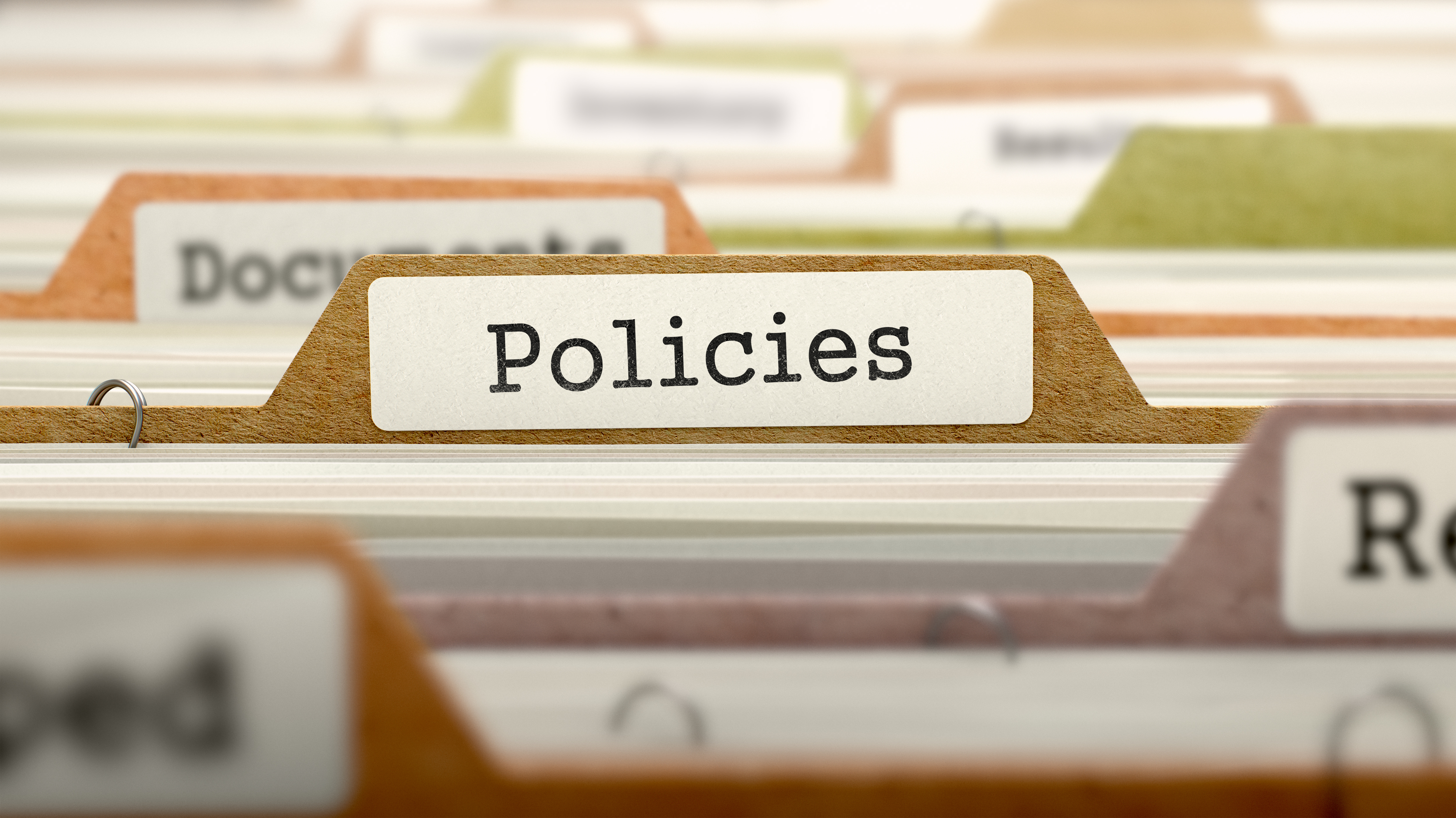Did you know that the average reading grade of adults in the UK is 11?
This means that 12 million adults in the UK read and write at the same level as children. When it comes to handling adult matters, such as insurance claims, this reading limitation can make for tricky handling when reading an insurance policy.
The majority of policy wordings will contain terms that are difficult for most people to understand. Sometimes, insurance policies are purposely written in a confusing manner.
That's why today, we've created this quick guide to help you get a better understanding of policy wordings and what you need to look out for. Keep reading to learn more!
Absolute Exclusions
When looking over an insurance policy, you must look over the exact policy wording. This will allow you to analyze the effect of any explosions in the wording if there's ever an instance where you need to make a claim.
Some of the most commonly used phrases and insurance policies include:
- In consequence of
- In any way involving
- Based upon
- Indirectly resulting from
- Directly resulting from
- Arising out of
If any of these phrases are included in your insurance policy, it may indicate that the coverage that you've purchased will not be able to cover you.
Take a Peek at The Declarations Page
The declarations page is also commonly referred to as the dec page. This is the first page that will be located in your insurance policy and will summarize the key information to your specific insurance policy.
Not only will this page have your name, address, and a brief description of the coverage limits. It will also have information that identifies the rating basis, any specialised property that's been covered, and the retroactive date of the policy.
Taking a look over this page will give you a basic break down of what's included in the following pages. However, the wording on this page shouldn't be too tricky to understand.
Double Check Conditions
Another situation where insurance companies will use tricky wording is in the conditions. In this part of the insurance contract, you need to double-check to ensure that you understand all of the wording outlined in this part of the policy.
Many insurance companies will list in these conditions part of the policy that you have to align with all of the conditions listed in the policy before you're able to make a claim.
When you're looking over this part of the policy, make sure that you ask your insurance agent or company to clarify any words you don't understand. If you're reading the policy by yourself, take the time to look up any unclear words.
Fully understanding every word in the insurance policy wording will ensure that you know your policy limits.
Learning About Policy Wordings
Taking the time to research policy wordings fully will ensure that you aren't falling victim to misinformation when you're signing your contract with your insurance company. Plus, you'll have the ability to fully understand how your policy is affected by certain actions or claims.
Are you interested in learning more about applying policy wordings? As claims handlers, we're here to help you. Click here to contact us today to learn how we can defend you!




 Search
Search



